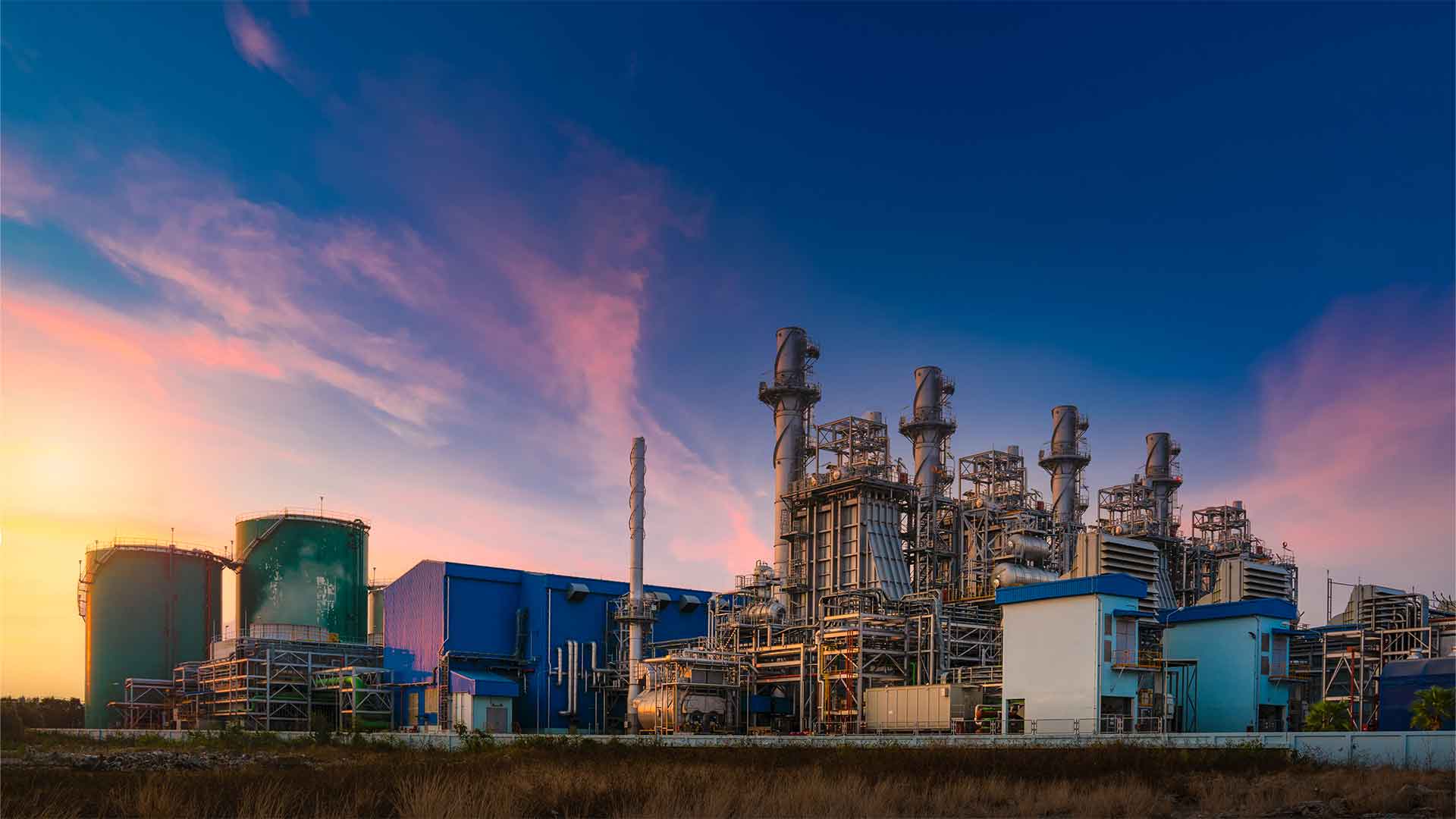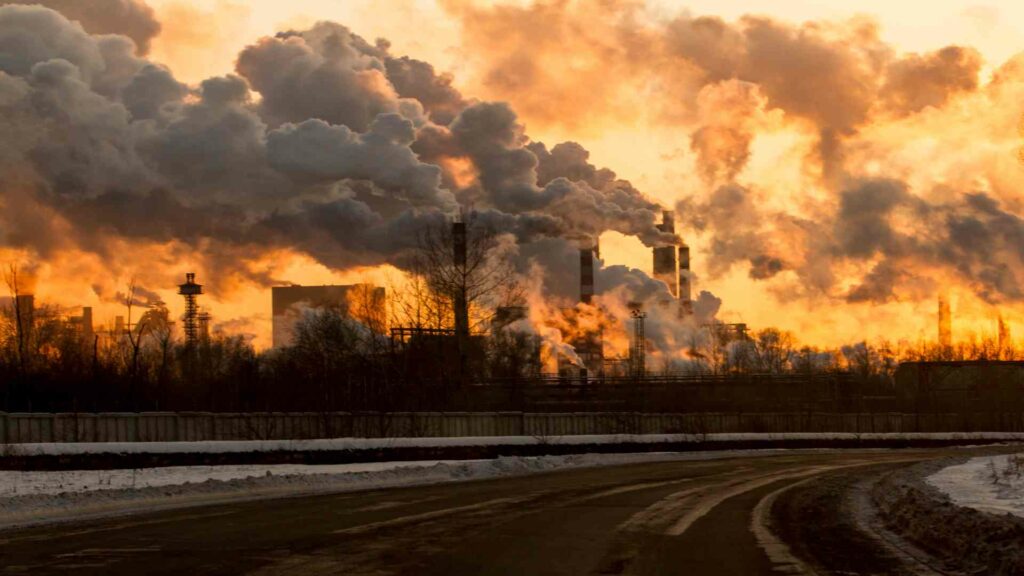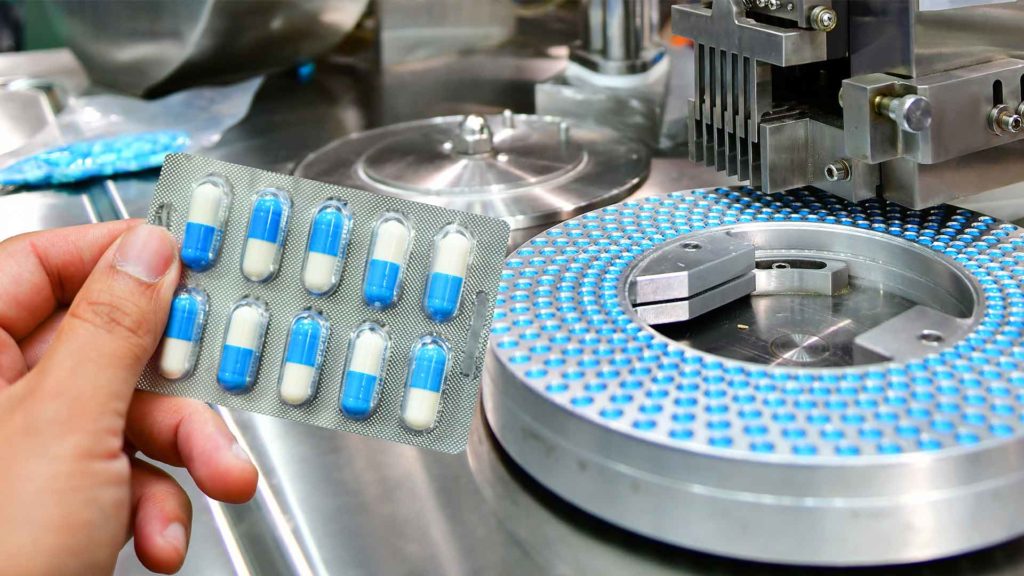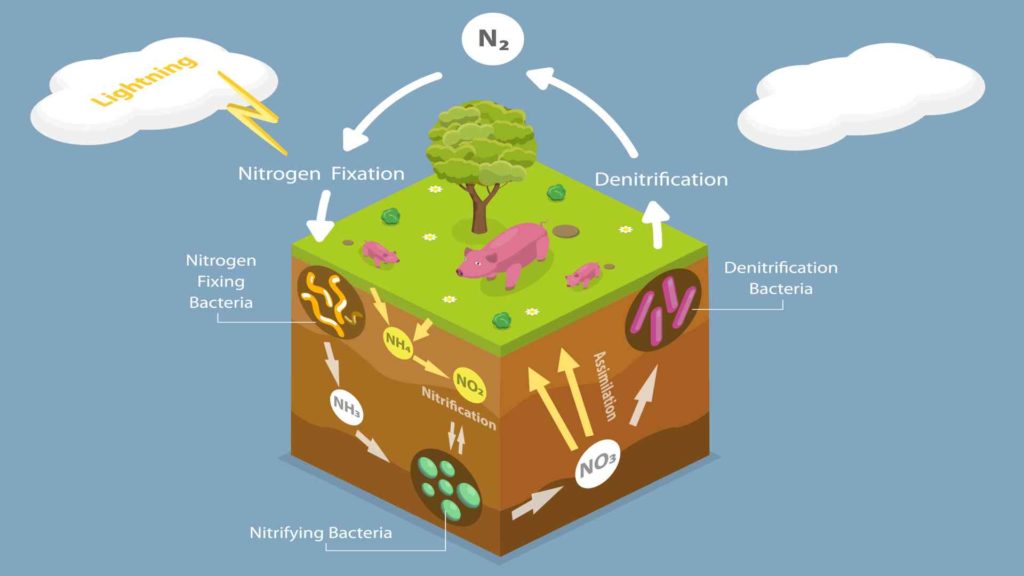
It is no secret that the world needs decarbonization. For our planet to remain habitable, we need to lower the number of greenhouse gases in the air. Decarbonizing a material refers to lowering the amount or the intensity of carbon in it or by lowering the amount of greenhouse gas emissions (mainly carbon dioxide) produced by the burning of fossil fuels, hence freeing the global economy from these gases. The main purpose of the process is to keep a check on the global temperatures and to increase the use of renewable sources of energy like wind power, solar power, and biomass; working towards a cleaner planet, using the principle of sustainable development.
THE OIL AND GAS INDUSTRY
Also known as the petroleum industry, includes the global processes of exploration, extraction, refining, transporting (often by oil tankers and pipelines), and the use and distribution of petroleum products. The largest volume products of the industry are fuel oil and gasoline (petrol). Petroleum is also the raw material for many chemical products such as solvents, fertilizers, etc. and hence, the processes coming from these products also lead to huge emissions of greenhouse gases.
Talking about the environmental impact, it causes three main impacts:
a) Water pollution; some petroleum industry operations witnessed oil spills as the result f the refining and other by-products formed in the process.
b) Air pollution; The industry is the largest industrial source of emissions of volatile organic compounds (VOCs), greenhouse gases, and leading to the formation of ground-level ozone (smog).
c) Climate change; the burning of oils, mainly considering the fossil fuels with the increased industrialization and urbanization leads to climate change.
Considering all these impacts from the oil and gas industry, it has become a need to consider decarbonization on the regular proceedings in the processes taking place in the industry. Taking all these impacts into concern, alternate sources are being considered, such as solar power, wind power, etc. to come up with a tolerable future for the industry.
Decarbonization: oil and gas industries
Since, the emission of CO2 is the main reason behind the use of the process of decarbonization, in the global industries. Oil and gas industries are major contributors to these emissions, so they must be sustainable as well. The four main sources of carbon dioxide emissions are:
(i) transportation, industrial production, and construction activities in the form of fossil fuels burned for energy. These include oil, natural gas or coal-burning power plants, factories and fuel-powered vehicles all release CO₂;
(ii) deforestation that proceeds when trees are cut down for many purposes;
(iii) the combustion of fossil fuels in the process of generating electricity. Fossil fuel power plants are responsible for two-thirds of all CO₂ emissions globally and account for 43% percent in America alone;
(iv) livestock production: sixteen percent of global greenhouse gas emissions come from methane emitted from livestock.
Hence, the oils and gas industries require the need for decarbonization as the maximum of their output counts for raising the global temperatures and emission of greenhouse gases. Therefore, decarbonization is needed to lower their emissions levels. These industries have a major impact on the environment and need to be sustainable before they can work efficiently.
The process of decarbonization in oil and gas companies takes effect and it can be done through any number of methods, but one of the most common is using boron carbide as an active element because of its ability to decarbonize boron.
BORON IN THE OIL AND GAS INDUSTRIES
Borates are multifunctional additives used in oil and gas exploration and are actively seen in use in these industries. They have been seen as an important part of decarbonization processes as well and can also be helpful to make the process more efficient. Following are some applications of borates in the oil and gas industry, along with an active role in the process of decarbonization:-
- Borates act as polymer crosslinkers in hydraulic fracturing fluids to produce gels used to suspend proppants ( a solid material, typically sand or manmade ceramic material) which are then injected into the rock formation.
- Borates are also used as co-solvents in oil production to help dissolve hydrocarbons out of crude oil for processing and is a precursor chemical in pharmaceuticals such as sucralfate or boric acid.
- Borates are seen as performing the role of retarding agents.
- The unique neutron capture ability of the element boron is exploited in pulse neutron as well as in logging to map subterranean formation. It is actively used by boron carbide in the crude oil industry.
- Strategies of control lost circulation in the oils industry, which refers to the inability of oil to flow from the reservoir and up the wellbore.
- Boron is also used as a catalyst in petrochemical processing, such as cracking gas oils into basic hydrocarbons for plastics production or conversion into synthetic natural gas.
- In surfactant alkaline flooding operations which usually happen when the oil reservoir increases production, borates are seen to reduce the oil reservoir and increase production as a result, and interfacial tension to mobilize oil trapped in rock, particularly in anhydrite and dolomitic formations.
- The process of decarbonization is important for oil and gas companies to take effect. This can be done through any number of methods, but one of the most common is using boron carbide as an active element. Boron carbide has many applications around the world, so optimizing its carbon content by decarbonization is a major step in this industry.
- decarbonization of boron carbide can be accomplished by using several methods. one such method is to use an ion exchange system with hydrogen peroxide as the catalyst for removing CO2 from boron carbide during production.
BORON CARBIDE
Boron carbide is formed when boron is reacted with carbon at high temperatures. This compound is used in many different applications, such as for hardening metal alloys and machining tools. Boron carbide is another form of borates and an extremely hard boron-carbon ceramic and covalent material, that has a major role in oil production by binding with sulfur during oil production which makes it an important element for this industry.
The method of decarbonization, which involves removing carbon from boron carbide through chemical reactions, can be used to optimize carbon levels in materials such as steel or aluminum. Decarbonization of boron carbide can be accomplished by using several methods. One such method is to use an ion exchange system with hydrogen peroxide as the catalyst for removing CO2 from boron carbide during production.
Boron carbide has the ability to absorb neutrons is used in the crude oil industry, as explained above in the applications of borates. Within control rods, boron carbide is often powdered, to increase its surface area. It is used in nuclear fuel cladding and for the production of a range of other boron carbide products. Boron carbide has been used to decarbonize coal during steel production and is also seen in use with aluminum, copper, and nickel.
DECARBONIZATION OF BORON CARBIDE
- Removing or lowering the amount of carbon in it from layers of boron carbide is seen easier by heating and cooling. Firing the plates under a vacuum removes gas molecules in the air.
- By controlling how much oxygen is available, it ensures that only a few reactions take place which leaves little residual carbon on the surface.
- Different grades of decarbonized boron can be used for different purposes. Decarbonizing has been found to have little impact on the mechanical properties or thermal stability but enhances hardness.
- This process can be applied both during manufacturing as well as post-processing where it removes the intensity of carbon and will also remove any other impurities that have been introduced.





